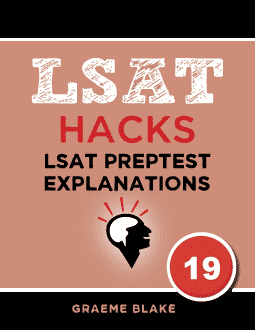DISCUSSION: We know that it’s harder to establish standing if the graves are ancient (lines 17-21).
Lines 21-24 tell us that common law will not recognize Native standing in most cases involving ancient graves.
Lines 24-27 show that the law may protect grave sites if standing is established.
___________
- We don’t know what happens once standing is established in ancient grave cases. We only know that it’s harder to establish standing.
- Only paragraph three mentions the distinction between individual and communal property. Ancient graves aren’t mentioned in that paragraph.
- Lines 24-27 show that property law can protect native claims once standing is established.
- CORRECT. Lines 21-24 support this. In most cases, common law as it stands will not recognize that Native have standing in cases involving ancient graves.
- Standing is a common law concept. So it would be strange if Natives argued for standing, but then refused to use the common law. This is especially true since Natives can use common law protections to win their case, once they show standing.


Leave a Reply